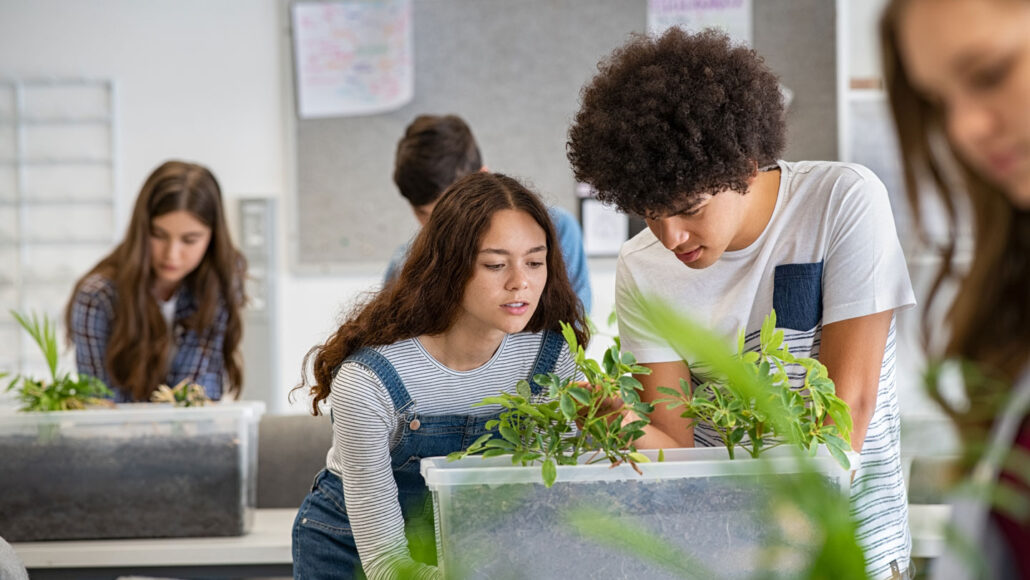control: (n.) A part of an experiment where there is no change from normal conditions. The control is essential to scientific experiments. It shows that any new effect is likely due only to the part of the test that a researcher has altered. For example, if scientists were testing different types of fertilizer in a garden, they would want one section of it to remain unfertilized, as the control. Its area would show how plants in this garden grow under normal conditions. And that gives scientists something against which they can compare their experimental data. (v.) To include some unchanged or unaffected conditions in an experiment so their results could later be contrasted with those from where changes had been made.
data: Facts and/or statistics collected together for analysis but not necessarily organized in a way that gives them meaning. For digital information (the type stored by computers), those data typically are numbers stored in a binary code, portrayed as strings of zeros and ones.
germ: Any one-celled microorganism, such as a bacterium or fungal species, or a virus particle. Some germs cause disease. Others can promote the health of more complex organisms, including birds and mammals. The health effects of most germs, however, remain unknown.
hypothesis: (v. hypothesize) A proposed explanation for a phenomenon. In science, a hypothesis is an idea that must be rigorously tested before it is accepted or rejected.
independent variable: A variable that changes during a scientific experiment but is not changed by the other variables that are being measured. It is controlled by the scientist. Note: The independent variable doesn’t always change. For example, age or sex (male or female) may be an independent variable.
replication: (in experimentation) Getting the same result as an earlier test or experiment — often an earlier test performed by someone else. Replication depends upon repeating every step of a test, step by step. If a repeated experiment generates the same result as in earlier trials, scientists view this as verifying that the initial result is reliable. If results differ, the initial findings may fall into doubt. Generally, a scientific finding is not fully accepted as being real or true without replication.
variable: (in experiments) A factor that can be changed, especially one allowed to change in a scientific experiment. For instance, when researchers measure how much insecticide it might take to kill a fly, they might change the dose or the age at which the insect is exposed. Both the dose and age would be variables in this experiment.

